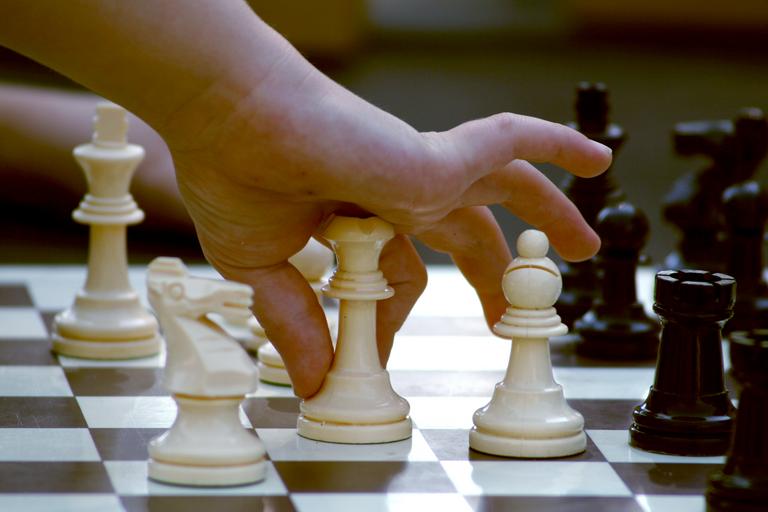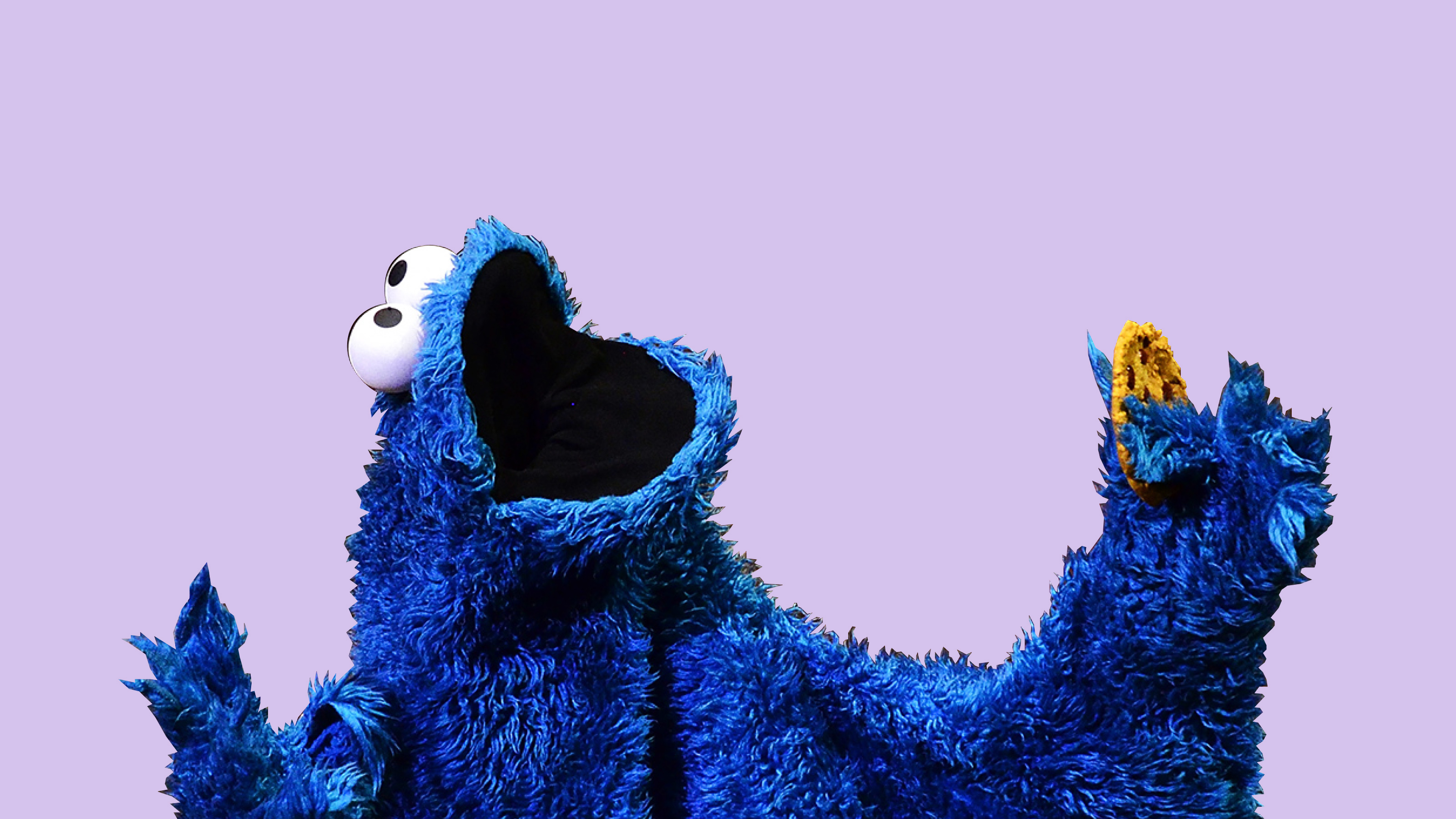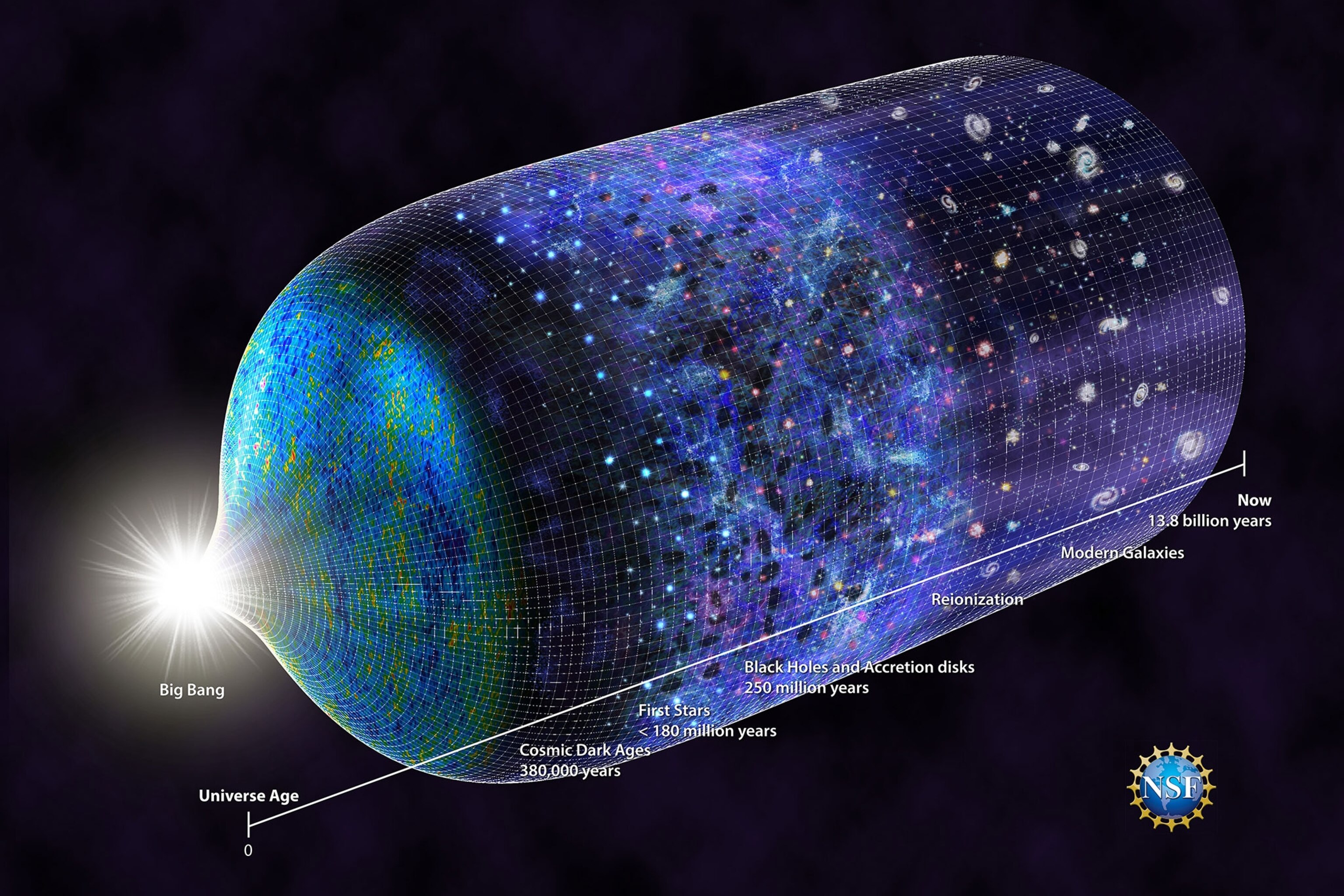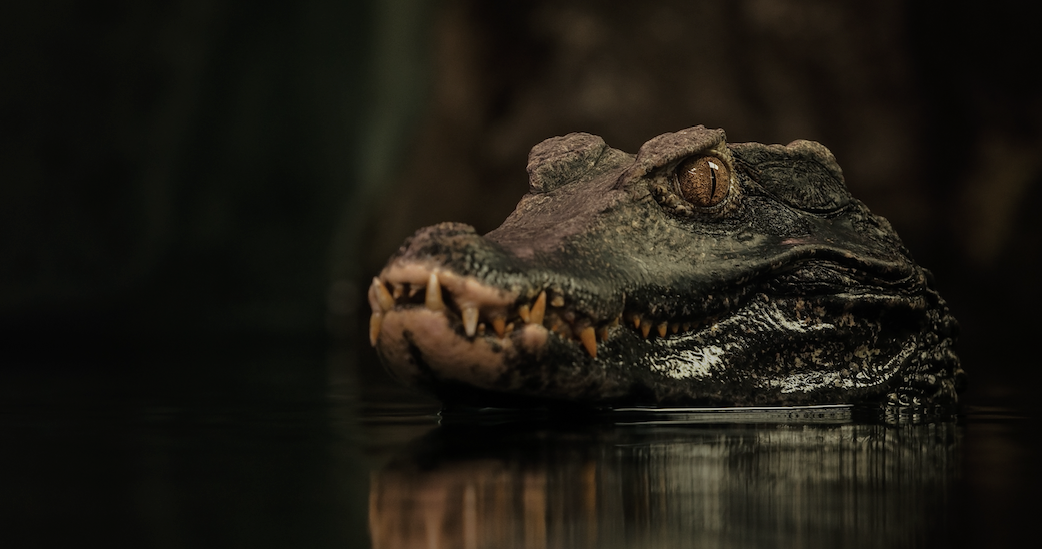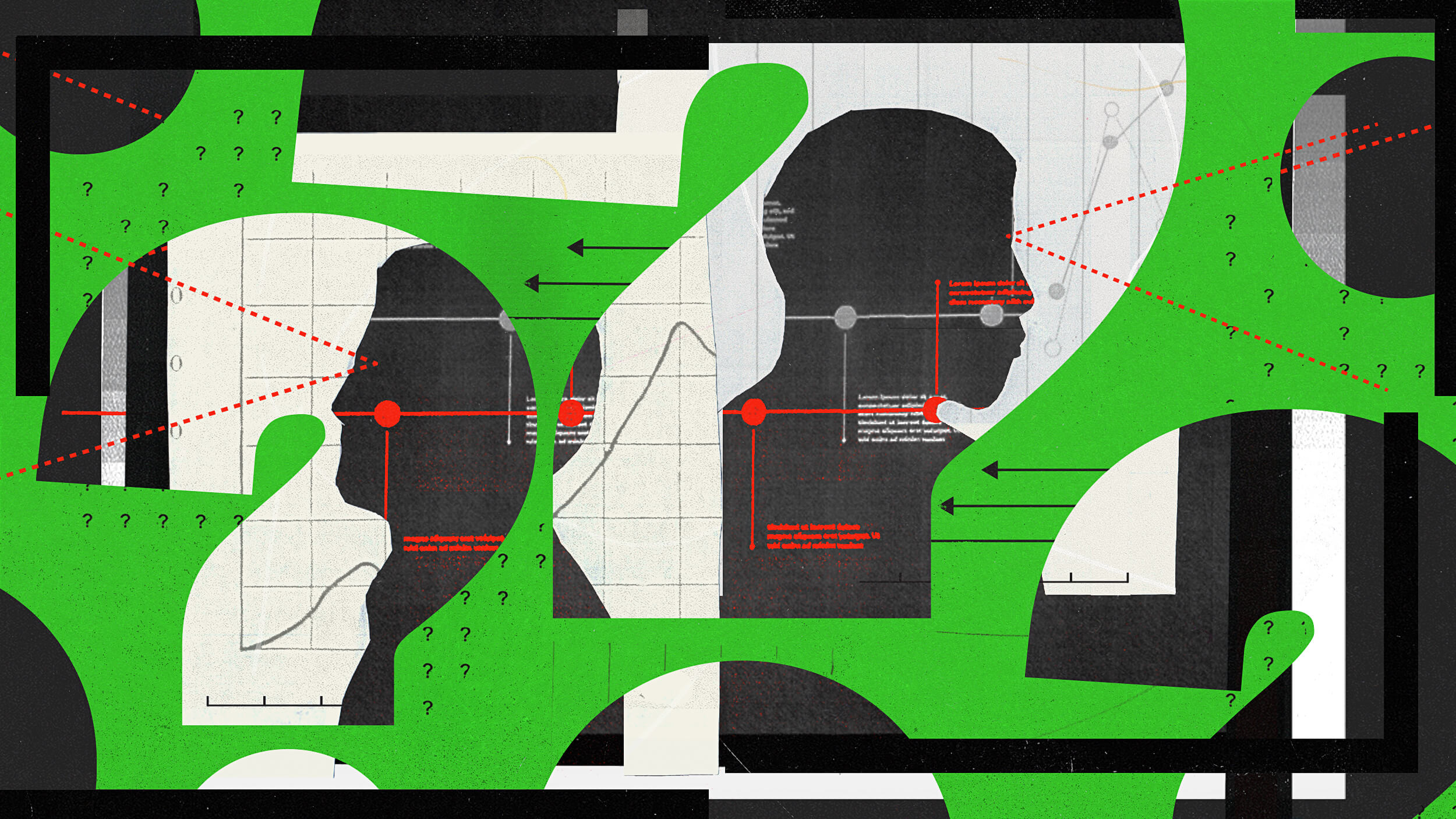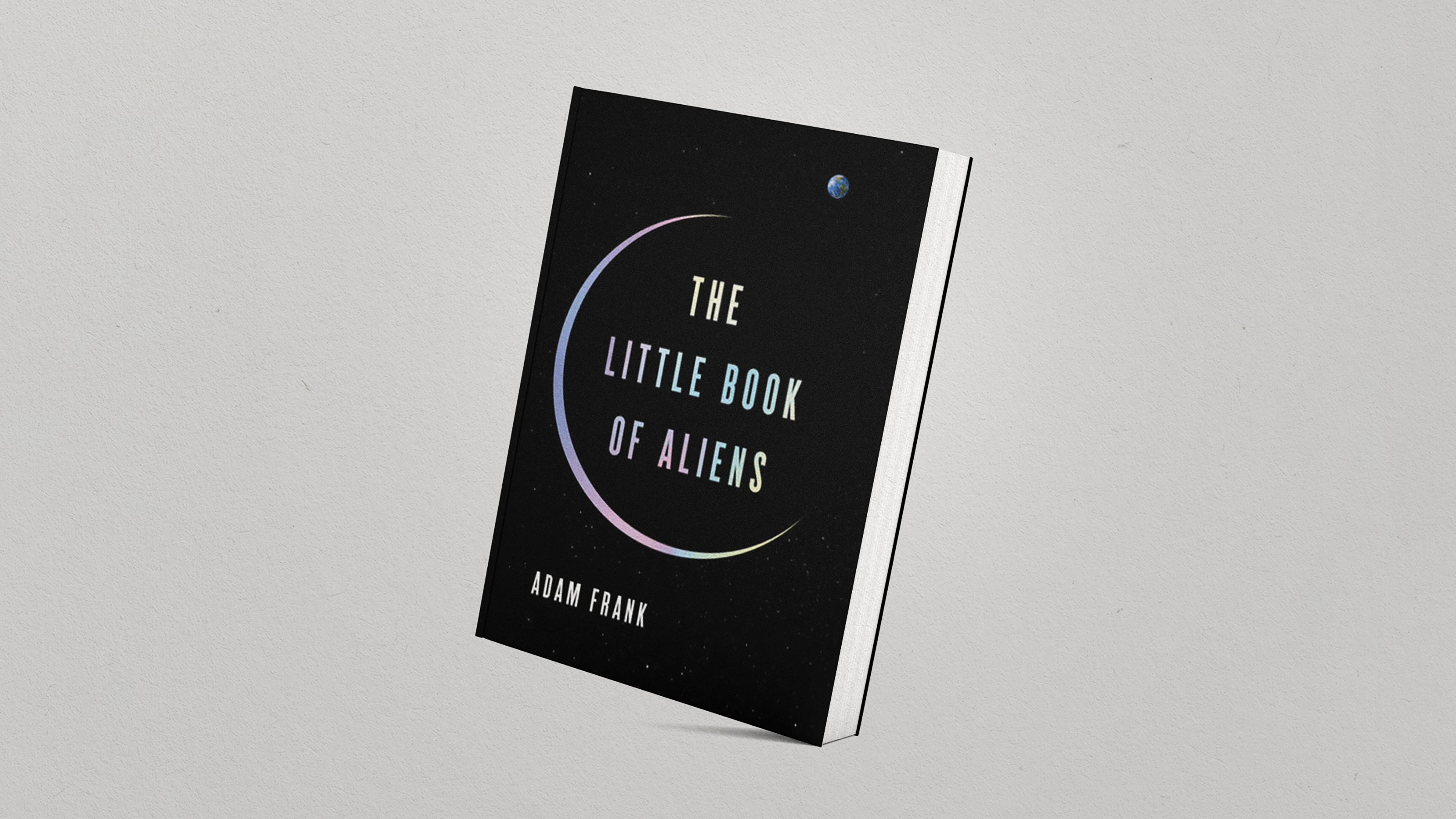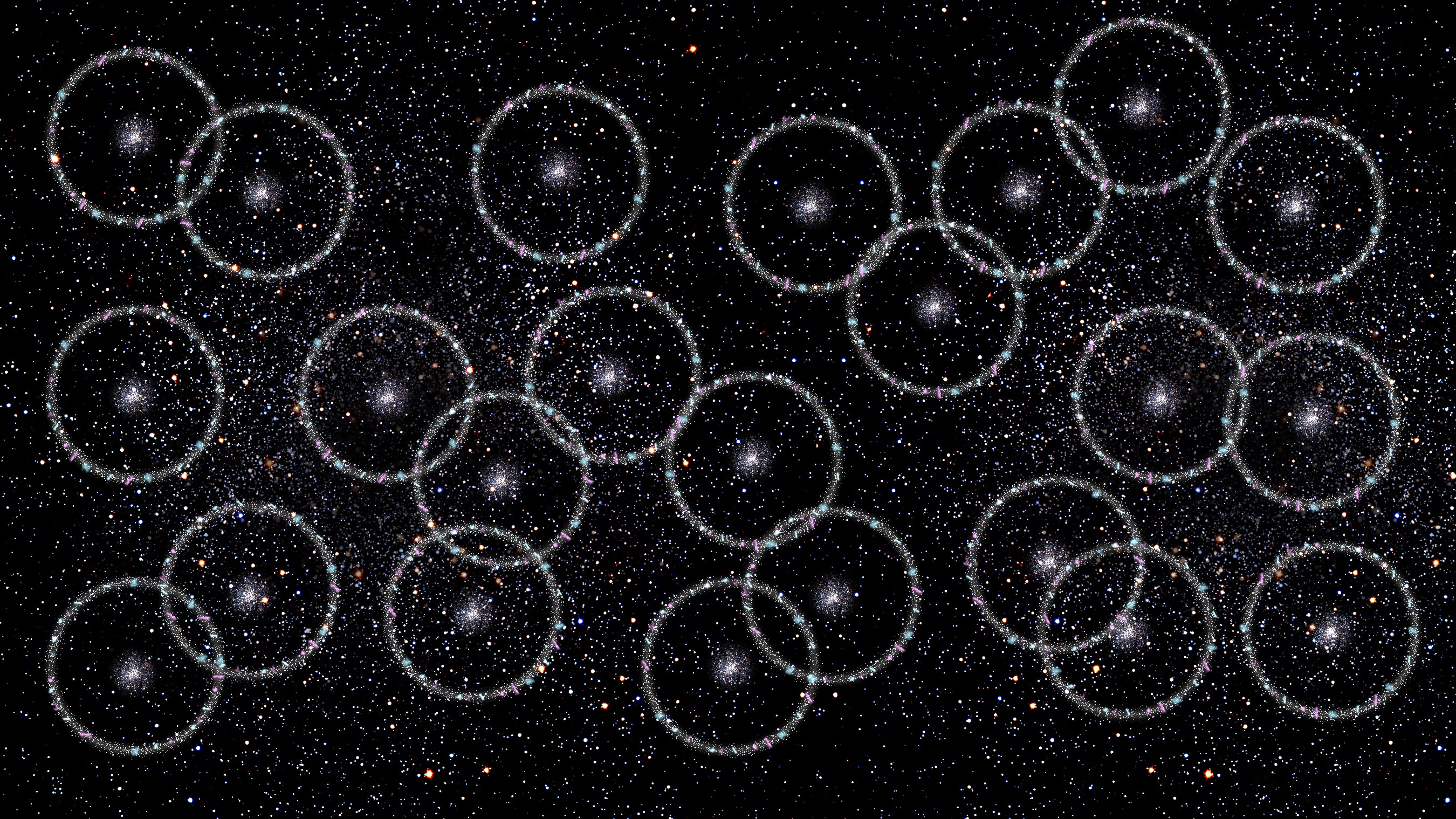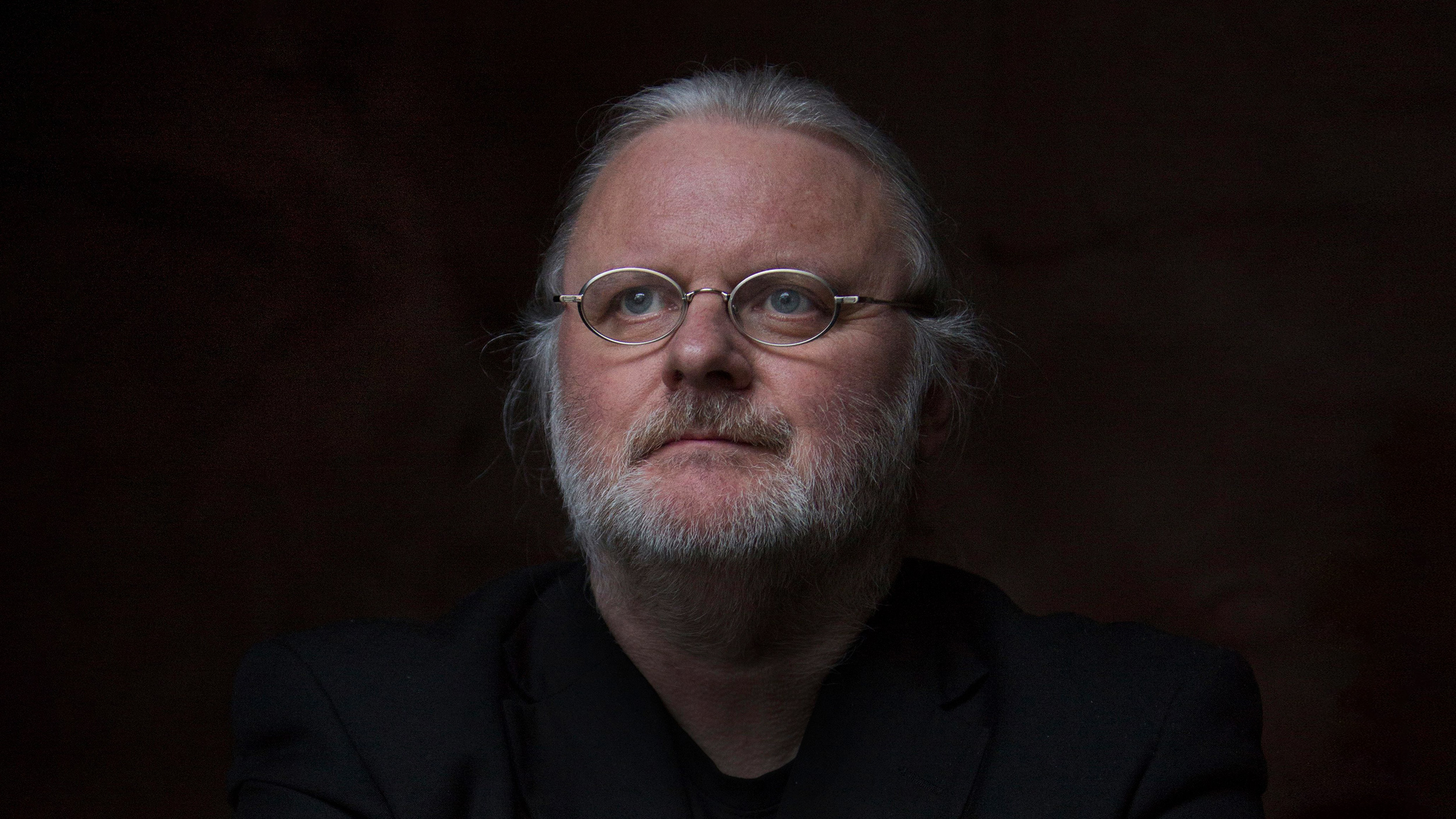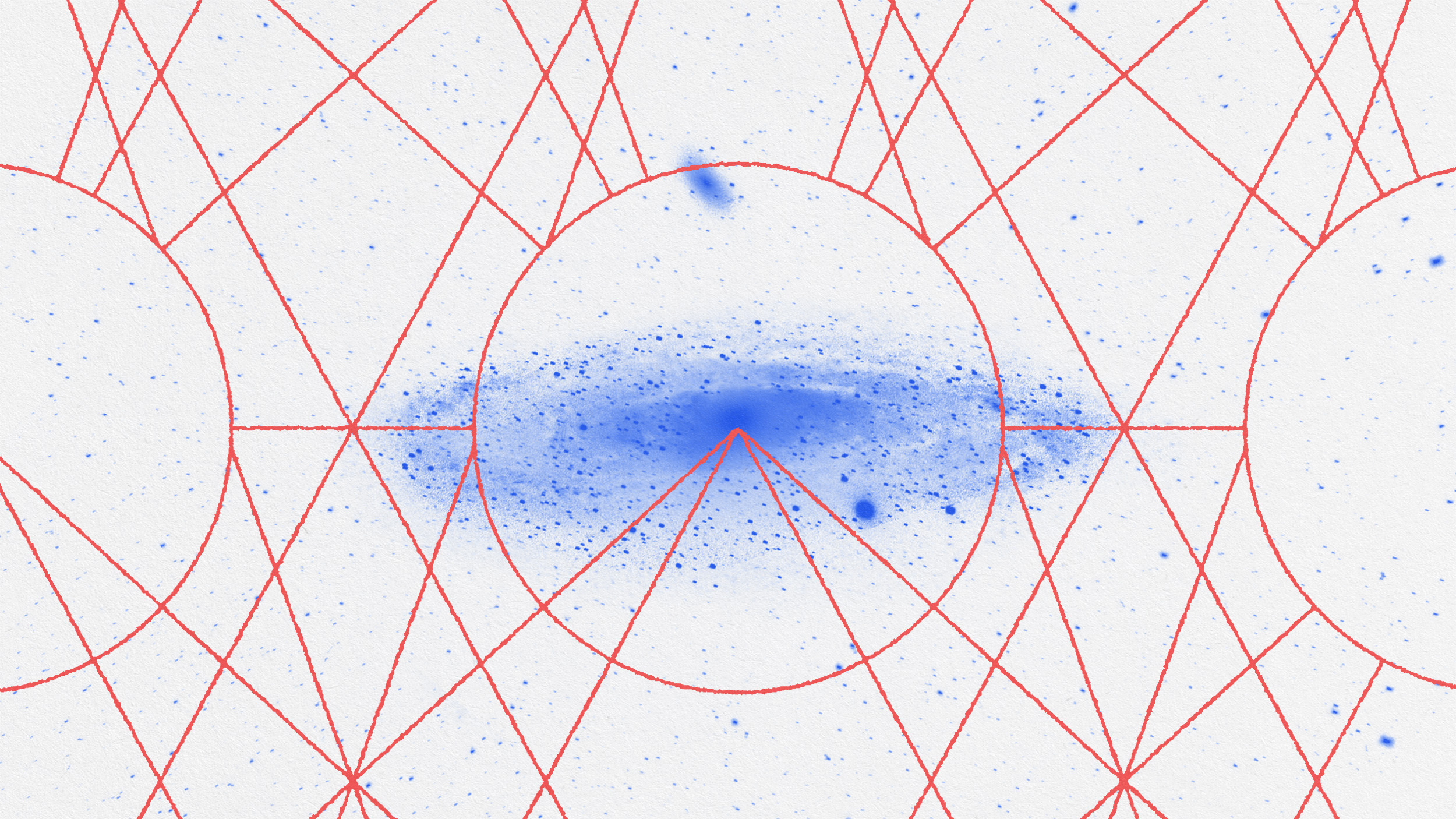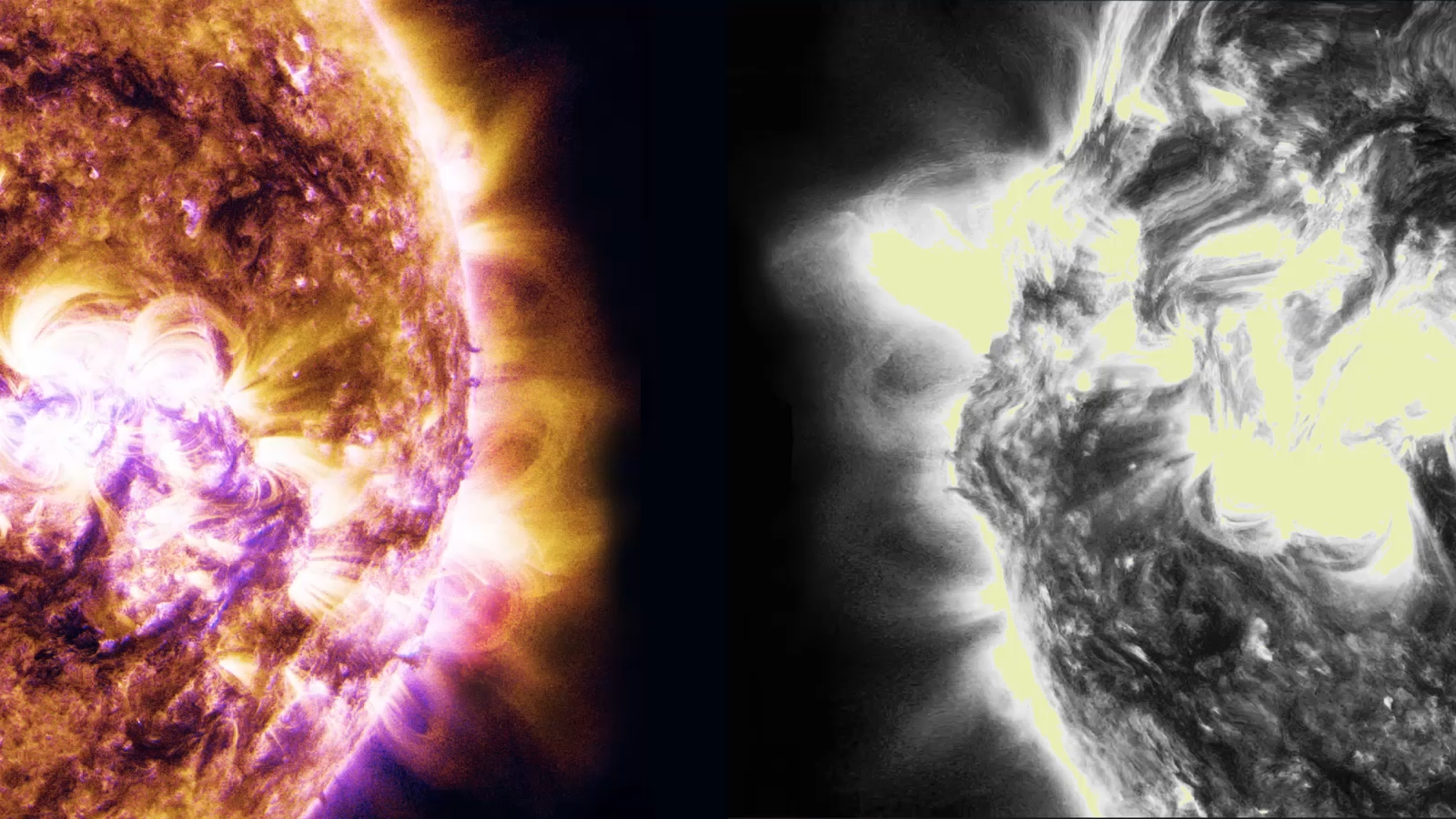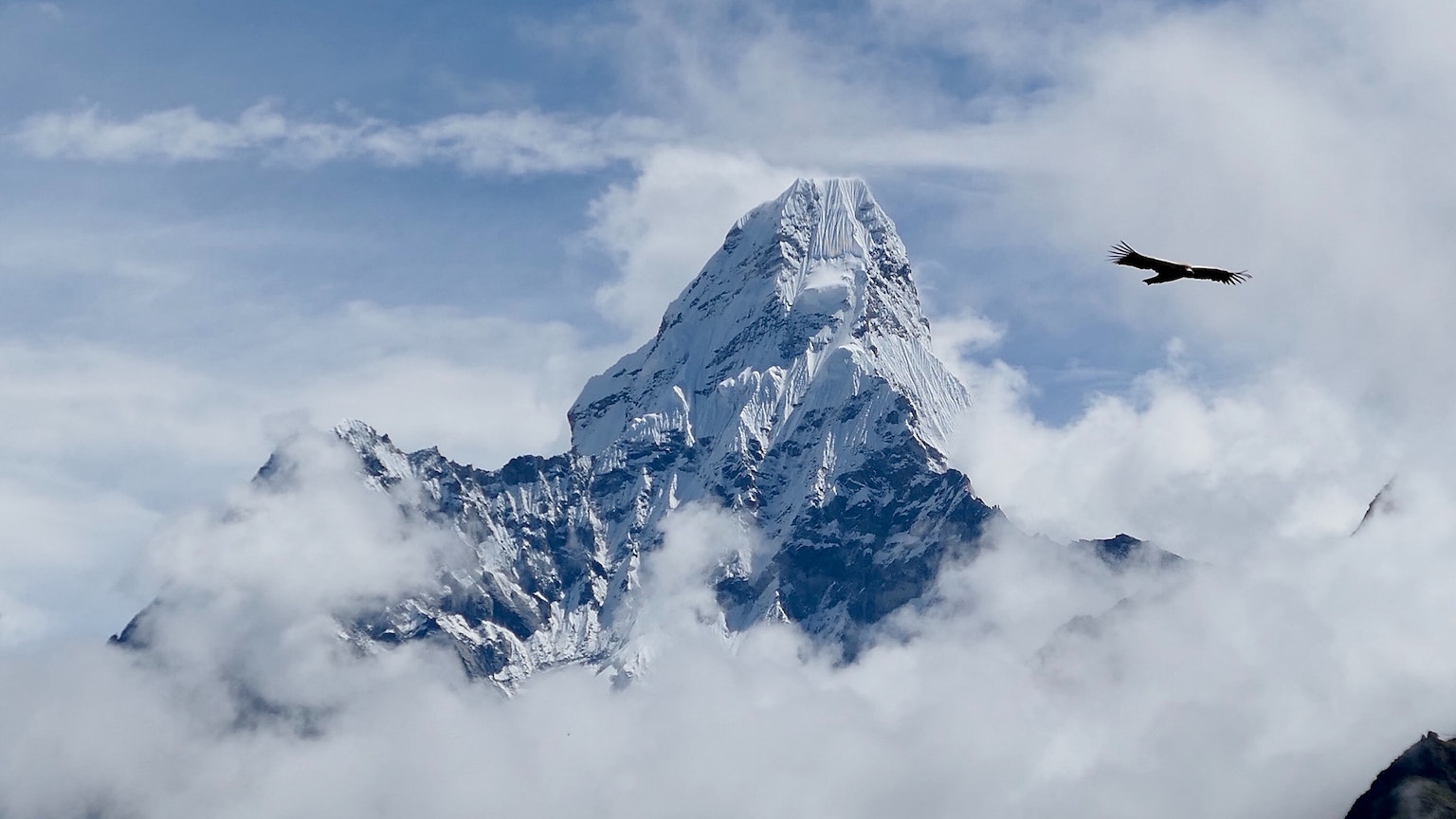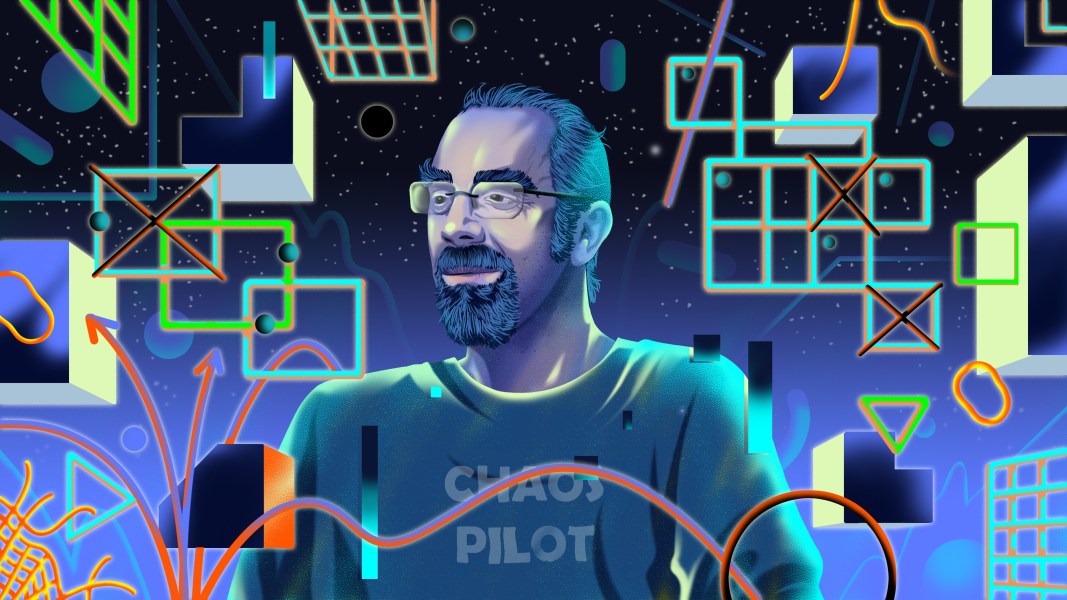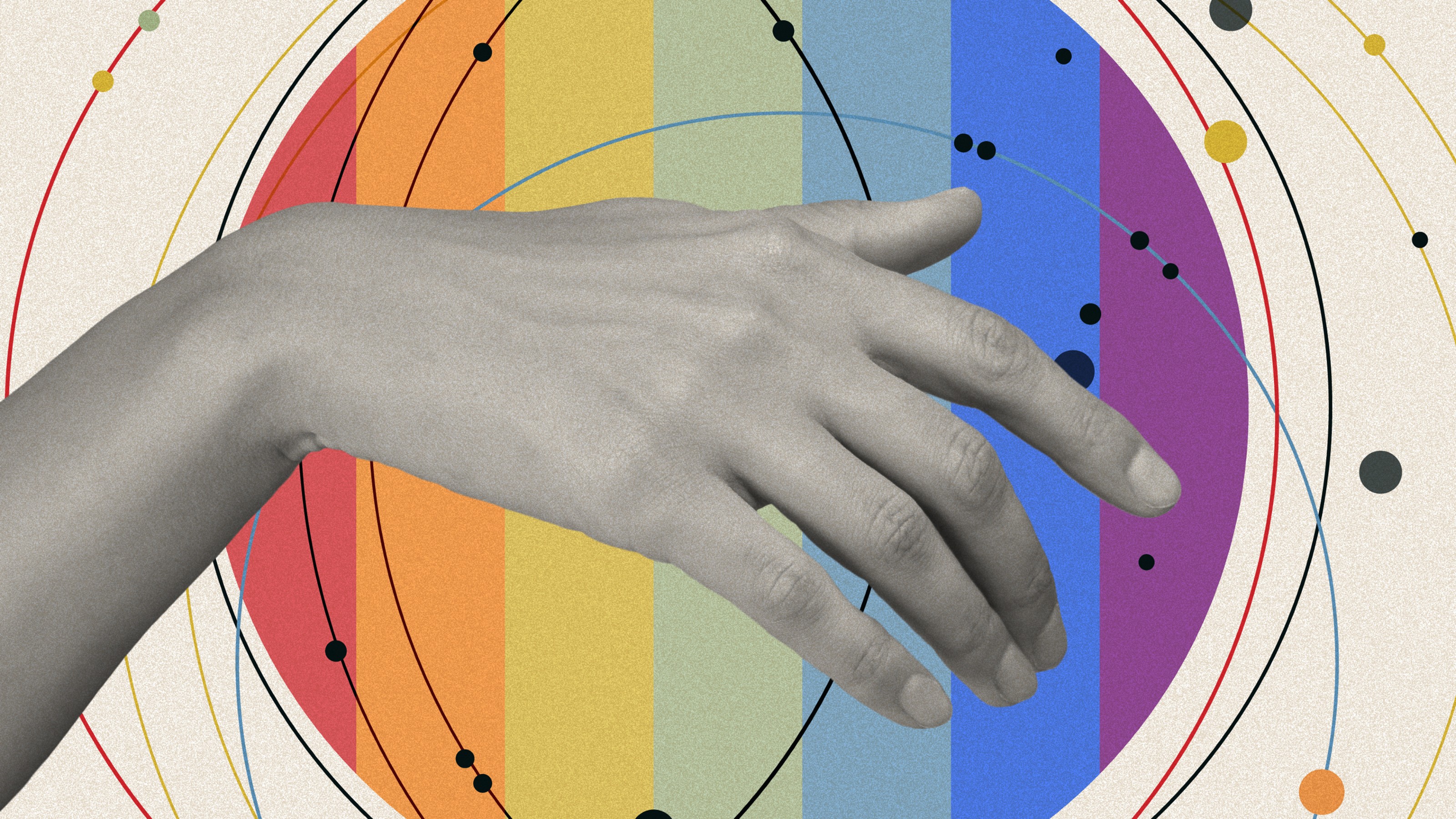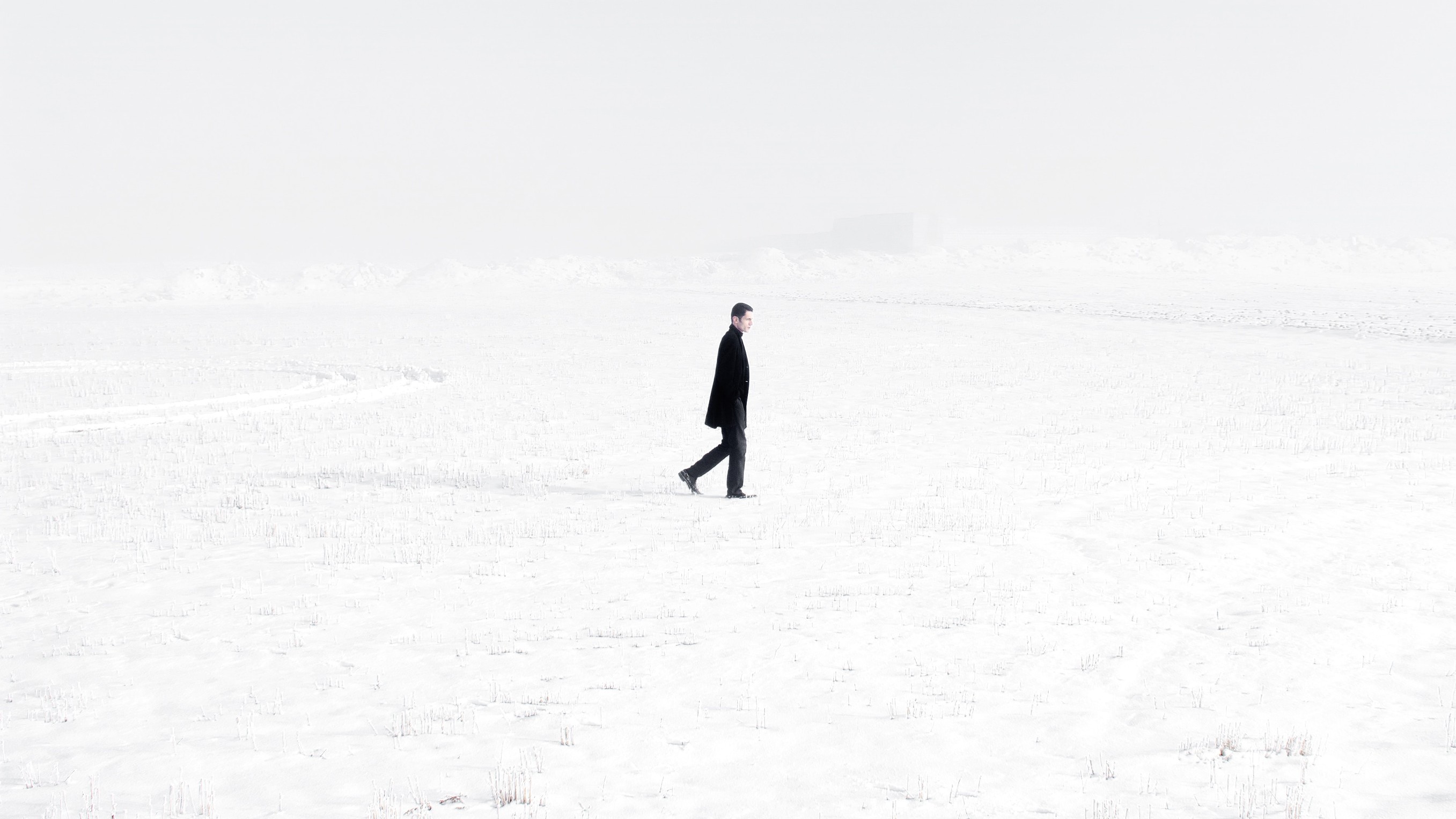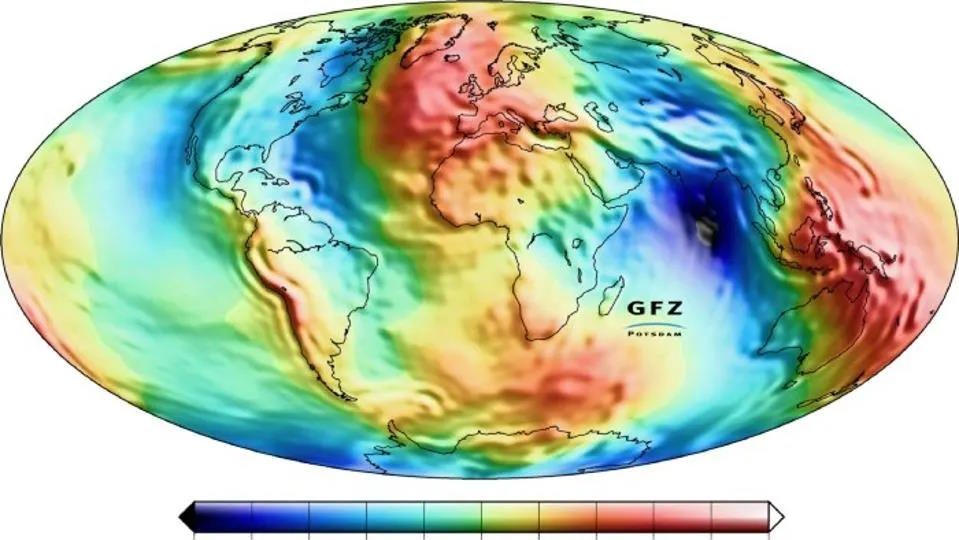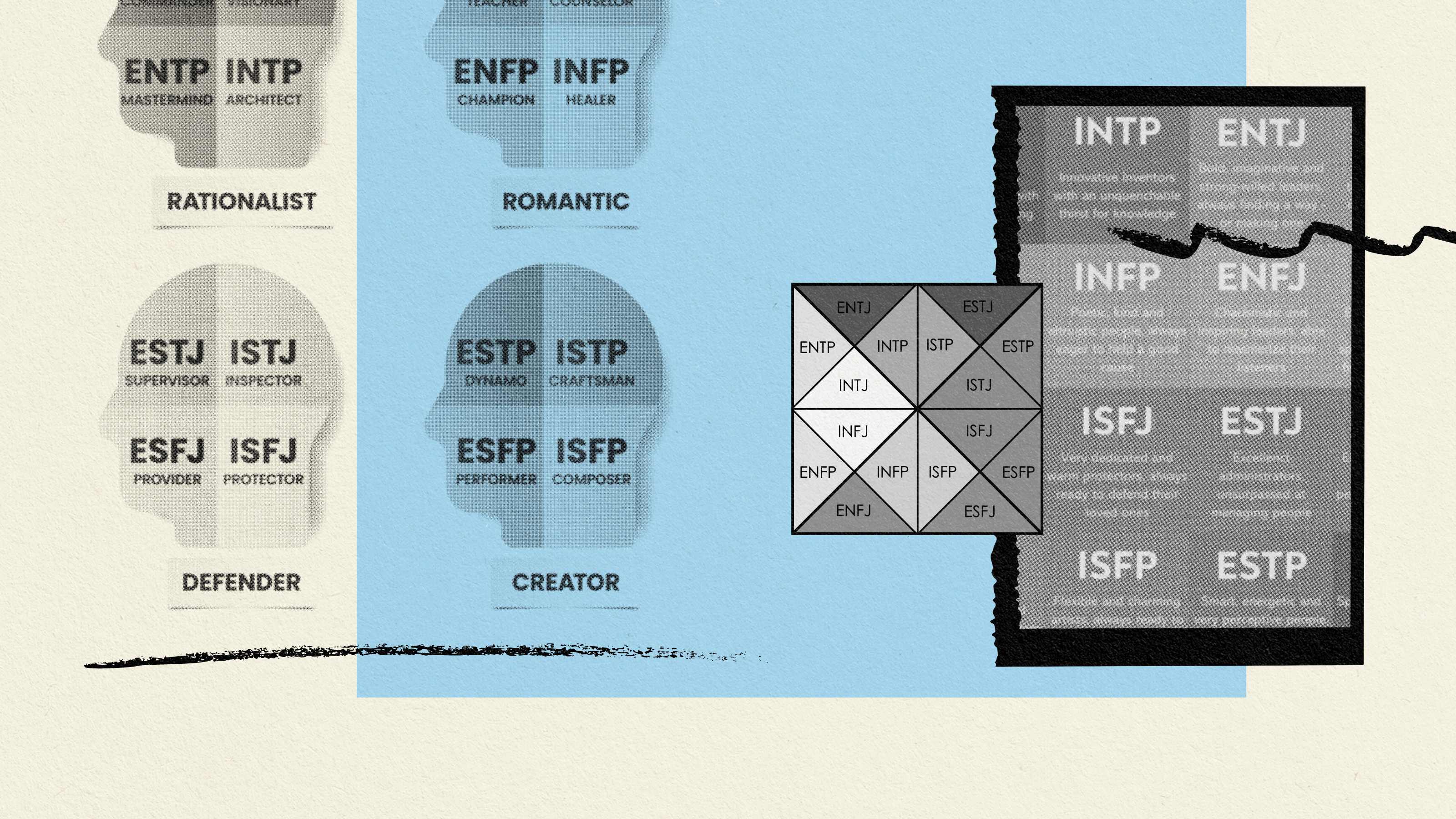Media provocateurs and conspiracy theorists insist that they’re “just asking questions.” No, they aren’t.
Search Results
You searched for: Big Think
Learning to decode complex communication on Earth may give us a leg up if intelligent life from space makes contact.
More than a decade ago, Armenia made chess a required subject in school because it teaches kids how to think and cope with failure. The U.S. should follow suit.
Here in our Universe, both normal and dark matter can be measured astrophysically. But only normal matter can collapse. Why is that?
Fun in business is no laughing matter — it can create a golden strategic advantage and bring serious success in the long term.
Dive into China’s profound intellectual legacy through five seminal texts that have shaped millennia of thought.
Many were hoping that JWST would find the first stars of all. Despite many hopeful claims, it hasn’t, and probably can’t. Here’s how we can.
As Abraham Lincoln famously said, “If you want to test a man’s character, give him power and a plate of cookies.” (Something like that.)
From the earliest stages of the hot Big Bang (and even before) to our dark energy-dominated present, how and when did the Universe grow up?
From crocodiles to birds, certain animals managed to survive some of the worst extinction events in world history.
Carving out time for useful reflection is among the most valuable of leadership disciplines, explains “questionologist” Warren Berger.
We may be the last generation born not knowing if we are alone in the Universe.
It took nearly 400,000 years, after the Big Bang, to first form neutral atoms. The imprints from that early time can now be seen everywhere.
The world’s “most produced living playwright” wins out over other contestants, including Salman Rushdie and Margaret Atwood.
A paradigm should be elastic enough to accommodate new data and broad enough to explain the world. For Rupert Sheldrake, ours does neither.
David Novak — the cofounder, and former CEO and chairman, of Yum! Brands — celebrates the benefits of active, lifelong learning.
Neuroscientist and author Bobby Azarian explores the idea that the Universe is a self-organizing system that evolves and learns.
In the early stages of the hot Big Bang, there were only free protons and neutrons: no atomic nuclei. How did the first elements form from them?
Gigantic ranges called “supermountains” formed twice in Earth’s history, and they may have had a profound influence on evolutionary history.
Flies are in no way smart, but they experience time in an almost Matrix-like fashion.
Whenever something goes wrong — in business as in life — we tend to get cause and effect totally muddled up.
His grandfather, a member of Oppenheimer’s atomic bomb team, foresaw the potential of nuclear energy to power cities — not destroy them.
Research has found that words are more accurately heard when accompanied by hand gestures.
Why the best entrepreneurs should be more Obi-Wan Kenobi than Luke Skywalker.
Former sports agent Molly Fletcher translates the discipline of great athletes into a framework for achievement in any field.
Your subjective experience might not end the moment your heart stops, research on near-death experiences suggests.
Just like with AI, people worried about job security and the spread of disinformation. Machines were destroyed and book merchants were chased out of town.
When you combine the Uncertainty Principle with Einstein’s famous equation, you get a mind-blowing result: Particles can come from nothing.
Scalars, vectors, and tensors come up all the time in physics. They’re more than mathematical structures. They help describe the Universe.
If you’ve looked for a job recently, you may have encountered the personality test. You may also have wondered if it was backed by scientific research.


